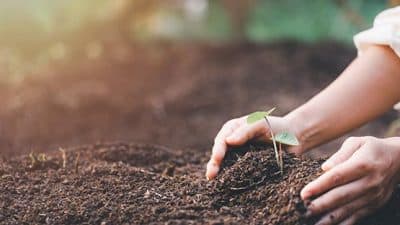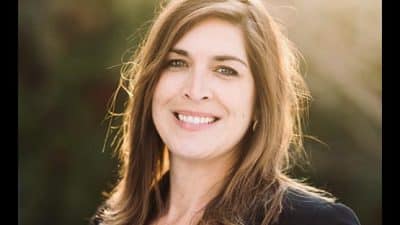
By income standards of the time, my family would probably have been considered low-income but not poor. My dad did maintenance work for the Norfolk and Western Railroad; my mom was a stay-at-home mother. They never forgot their experiences of growing up during the great depression or living through World War II that followed it. We did not have a lot to spend, but we were very frugal. Dad was an excellent gardener who raised all the vegetables that we ate during the summer and that Mom canned or froze for the rest of the year. The potato bin in the cellar was always filled to last us between the harvesting of crops.
I continue to be influenced by the way they thought and lived. I seek to re-use whatever resources I can and feel guilty if I feel that I am being excessive in what I am buying or using. Sometimes I could be referred to as being cheap although I prefer to be called conserving.
The quality of conserving that necessity brought to my parents and their peers is a quality that necessity will once again bring to our society. The depletion of natural resources as well as the degradation of the quality of life that comes about in the use of some of our energy resources will force us into being more conservation-minded.
While climate change will force major policy changes in the way we secure and utilize our energy resources in the future, there are actions that we can take today as individuals that can make a positive difference for our children and grandchildren. One example I use is energy conservation in our homes. We can save money and energy resources with an energy audit. There are certified persons who can identify energy losses in your home and offer ways to prevent them. Energy counselors like those with LEAP (Local Energy Alliance Program; leap-va.org ) can also help save energy and money for you in your home. A recent effort on my part to identify and close air seepage into our home will I believe add to our comfort this winter and save money on heating.
I still get satisfaction when I am able to be conserving. For my parents and others it was a matter of survival. For the future it may well be a matter of survival as well.
Ken Plum is a member of the Virginia House of Delegates.










